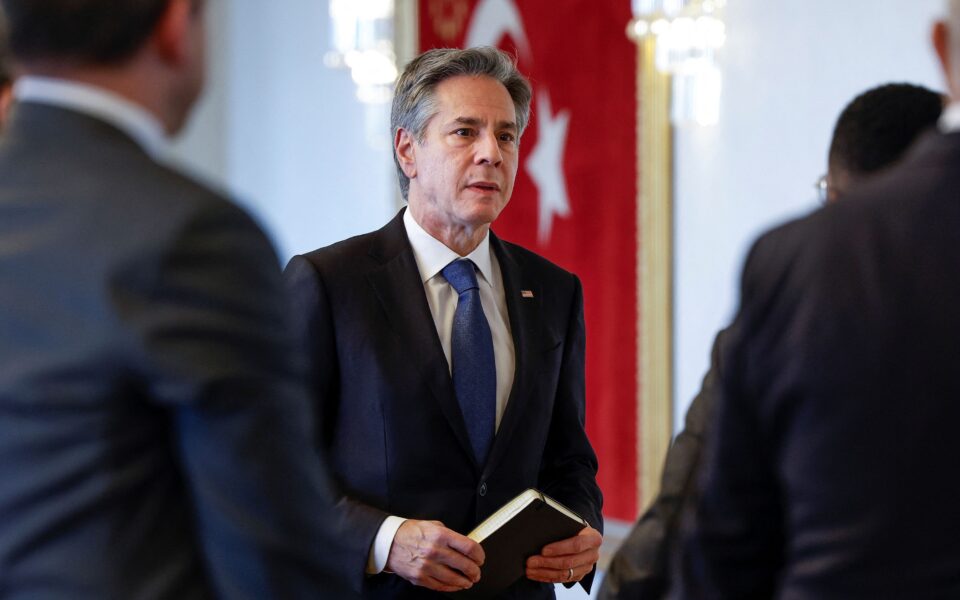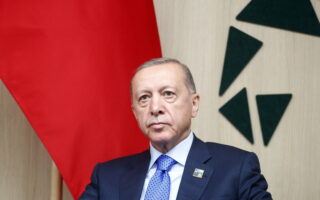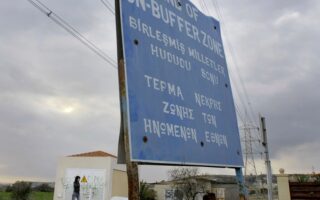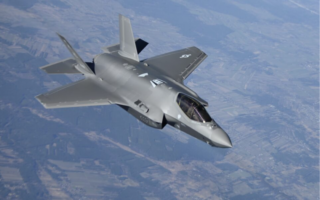The US nod to the prodigal son

In the immediate aftermath of Turkey’s invasion of Cyprus in 1974, American foreign policy became focused on three areas: a) preventing a war between Greece and Turkey; b) keeping NATO’s southern flank intact; and c) averting Soviet involvement. In other areas, it allowed developments to take their own course, so that a new balance of power was created between Greece, Turkey and Cyprus.
This stance annoys Greece, for obvious reasons, but the problem is that we also appear oblivious to its reasons, believing that the US must approach matters from an idealistic perspective, on the terms of fairness. We fail to accept that what the United States (and every other major power) always puts first is its own interests. And in the case of the 1974 invasion, the Americans judged that their interests were being served by the new balance created by the more powerful Turkey in Cyprus’ territory.
We mention this with reference to the recent intervention of US Under-Secretary of State for Political Affairs Victoria Nuland, who said that if Ankara were to “resolve” the issue of its acquisition of the Russian S-400 missile defense system, then the United States would be “pleased to welcome Turkey back into the F-35 family.” The statement rankled in Greece, where the main thought was: Now that we got the F-35s and the Turks are stuck with the F-16s, why are the Americans hinting that they can get them too?
The US is not prepared to lose Turkey. It wants to keep it inside the Western Alliance. Nor is it prepared to take Greece’s side in its dispute with Turkey
Let’s start with the fact that what Nuland is demanding is not easy for Ankara. The S-400 missiles cost Turkey $2.5 billion. They were acquired between 2019 and 2020 but they have not been incorporated into Turkey’s air defense yet. Doing so would anger America as its F-35 jets cannot coexist with the Russian S-400. Returning them to the manufacturer, meanwhile, would cause the ire of Russia. Can Turkey send them to another country, as is being speculated? Only if Russia agrees.
Given all these difficulties, this may go down as one of the most costly and misguided defense system purchases in the world.
Furthermore, if Ankara were to accept Nuland’s reasoning, its overall relations with Moscow would suffer. And right now, Russia is covering almost 50% of Turkey’s natural gas needs and it is building a nuclear power plant in Akkuyu (across the sea from Cyprus) that will cover 11% of the country’s electricity needs. Trade between Turkey and Russia in 2023 is estimated to have reached €60 billion and Istanbul’s airport has become Russia’s main link to the West since the start of the war in Ukraine and the imposition of European sanctions.
What Nuland is suggesting, therefore, constitutes a structural shift in Turkish policy, without offering that much in return, meaning the F-35 acquisition.
The American official’s statement can be interpreted in different ways. For some in the American bureaucracy it points to a bizarre fixation with a Turkey that no longer exists. More than that, though, it expresses the American attitude toward the region. The US is not prepared to lose Turkey. It wants to keep it inside the Western Alliance. Nor is it prepared to take Greece’s side in its dispute with Turkey.
The American sanctions imposed on Turkey in 2020 were a response to its acquisition of the Russian missiles. Senator Bob Menendez – who is, unfortunately, out of the game right now – seized the opportunity to set terms that also included Turkish provocations toward Greece. It appears that these assurances have been included in the (confidential) notification given to American lawmakers to approve the F-16 sale.
We should not, however, harbor false hopes. If Turkey chooses to return to the fold, it will be treated like the returning prodigal son, because, first and foremost, having Turkey back in the fold serves American interests.
Angelos Syrigos is an associate professor of international law and foreign policy at Panteion University in Athens and a New Democracy MP.





